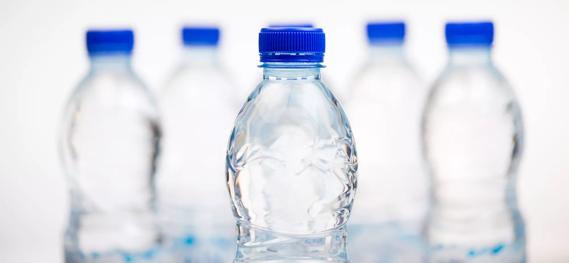The short answer from a dietitian

Water is essential to life. And drinking it, whether hot, cold, or room temperature, obviously keeps you hydrated. But are there health benefits to drinking hot water? And does the temperature of the water you drink really matter?
Advertisement
Cleveland Clinic is a non-profit academic medical center. Advertising on our site helps support our mission. We do not endorse non-Cleveland Clinic products or services. Policy
There are claims that drinking hot water has health benefits, like helping with digestion and relieving congestion. But there is little scientific research to support the health benefits of drinking hot water as opposed to room temperature or cold water.
Most of us don’t drink enough water anyway, so however you can get your recommended daily allowance of water works. In general, that breaks down to about 15 cups per day for men, and about 11 cups per day for women. It’s always good to stay hydrated. But everyone is different. Some people prefer room temperature water, other people can’t drink room temperature water and prefer it ice cold.
Many feel that drinking hot water first thing in the morning helps with digestion and can help you go to the bathroom. But is it the temperature of the water, or just the simple fact that staying hydrated helps to have regular bowel movements? Or is it that the water is hot and helps to relax your bowels?
It’s a bit of a chicken and egg scenario. Your gastrointestinal (GI) tract is one big muscle, so perhaps the heat of the water relaxes your GI tract a bit to help things like constipation. If you have cold symptoms, drinking hot water can help with things like sinus congestion from the steam rising into your nasal passages.
Advertisement
The bottom line is, if you prefer drinking hot water and it helps to keep you hydrated, drink up!
— Registered Dietitian Beth Czerwony, RD
Advertisement

Sign up for our Health Essentials emails for expert guidance on nutrition, fitness, sleep, skin care and more.
Learn more about our editorial process.
Advertisement

Consumption needs vary based on activity, weather, metabolism and other factors

A glass of lemon water in the morning can help with digestion and boost vitamin C levels, and may even help get you into a better routine

Mold and bacteria in your reusable water bottle can cause health issues like infections, respiratory issues and allergic reactions

Sitting in the dry heat may help reduce stress, improve heart health and relieve pain

Adding salt to your water isn’t going to have measurable benefits — but there may be plenty of downsides

Drinking untreated water can have dangerous consequences, like bacterial infections

Although it adds to your hydration, this water may be pushing you over the limit of the daily recommended dosage of caffeine

If you’re trying to drink less soda or fewer sugary drinks, flavored water can be a delicious and healthy alternative

Even small moments of time outdoors can help reduce stress, boost mood and restore a sense of calm

A correct prescription helps your eyes see clearly — but as natural changes occur, you may need stronger or different eyeglasses

Both are medical emergencies, but they are very distinct events with different causes